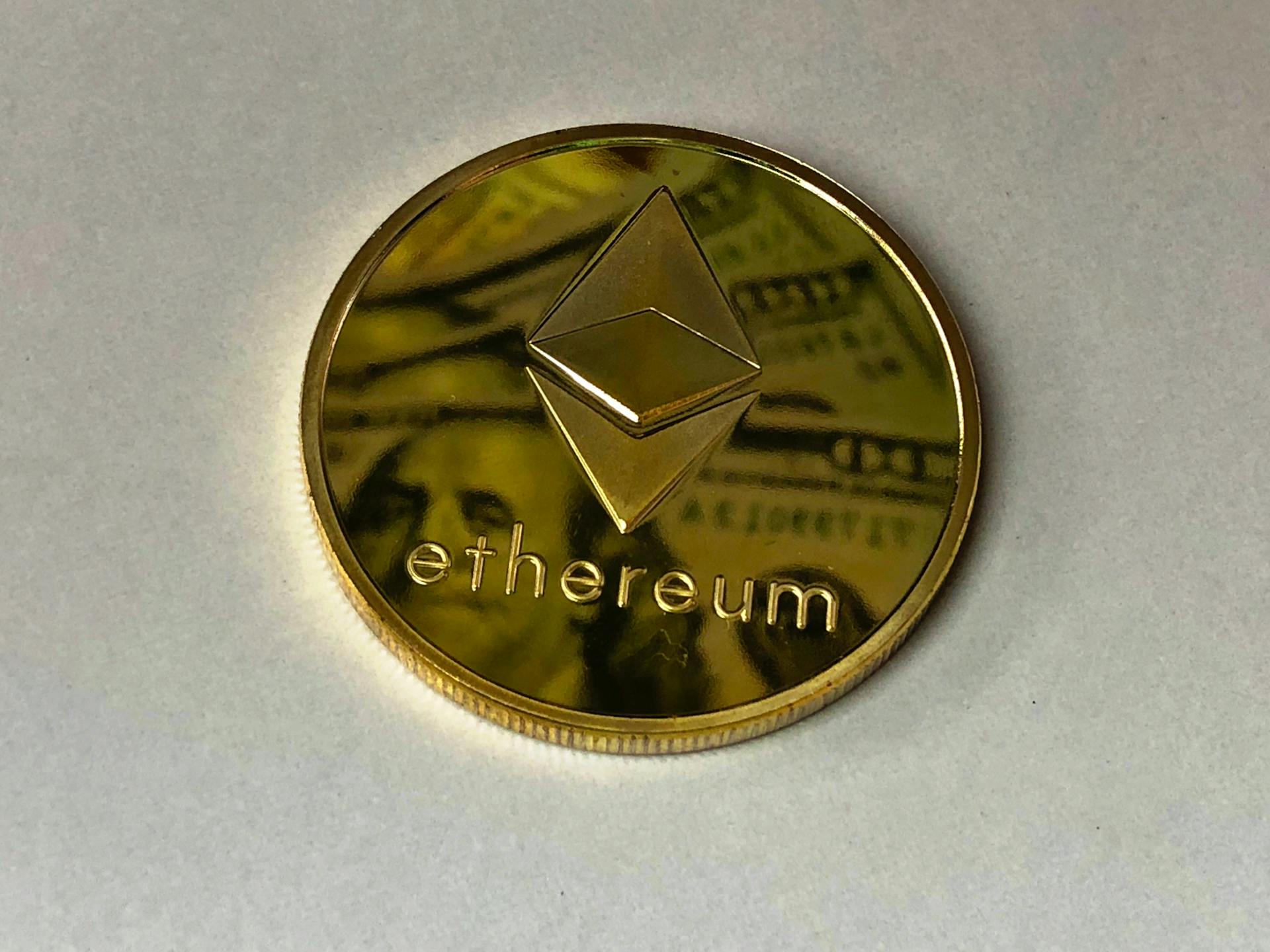In recent years, the rise of Decentralized Finance (DeFi) on the Ethereum blockchain has sparked both excitement and skepticism. With promises of democratizing finance and reshaping traditional banking, DeFi represents a revolutionary shift in how we perceive and interact with financial services. But is it truly the future of banking, or just another speculative bubble waiting to burst?
Understanding DeFi: A Paradigm Shift in Finance
DeFi refers to a set of financial services built on blockchain technology, primarily Ethereum, that operate without traditional intermediaries like banks. Instead, smart contracts execute transactions automatically, removing the need for intermediaries and enabling peer-to-peer interactions. This decentralized nature allows for greater accessibility, transparency, and efficiency in financial activities, ranging from lending and borrowing to trading and asset management.
The Promise of DeFi: Democratizing Finance
One of the most compelling aspects of DeFi is its potential to democratize finance, providing access to financial services for the unbanked and underbanked populations worldwide. By leveraging blockchain technology, DeFi protocols can offer financial services to anyone with an internet connection, bypassing the barriers of traditional banking systems such as geographic limitations, high fees, and discrimination based on socioeconomic status.
Lending and Borrowing: Redefining Credit Markets
DeFi lending platforms enable users to lend and borrow digital assets without the need for a traditional bank as an intermediary. Through smart contracts, borrowers can collateralize their assets and receive loans, while lenders earn interest on their deposits. This decentralized approach to lending not only eliminates the need for credit checks and approval processes but also enables greater flexibility and efficiency in accessing credit markets.
Trading and Decentralized Exchanges (DEXs): A New Era of Asset Exchange
Decentralized exchanges (DEXs) are platforms that facilitate peer-to-peer trading of digital assets without the need for intermediaries. Unlike centralized exchanges, which hold custody of users’ funds and require KYC (Know Your Customer) verification, DEXs allow users to retain control of their assets and trade directly with one another. This not only enhances security and privacy but also eliminates the risk of exchange manipulation and censorship.
Asset Management and Yield Farming: Maximizing Returns
Yield farming, a popular practice in DeFi, involves leveraging various DeFi protocols to maximize returns on digital assets. By providing liquidity to decentralized liquidity pools or participating in liquidity mining programs, users can earn rewards in the form of additional tokens or interest-bearing assets. This innovative approach to asset management has attracted both retail investors seeking higher yields and institutional players looking to diversify their portfolios.
Challenges and Risks: Navigating the Uncertainty
While DeFi holds great promise, it is not without its challenges and risks. Security vulnerabilities, smart contract exploits, and regulatory uncertainties pose significant concerns for both users and developers. High gas fees on the Ethereum network can also limit the accessibility of DeFi services, particularly for small-scale investors. Moreover, the rapid proliferation of new DeFi projects and tokens has led to concerns about the sustainability and legitimacy of the ecosystem.
Regulatory Landscape: Balancing Innovation and Compliance
The regulatory landscape surrounding DeFi is still evolving, with regulators worldwide grappling with how to classify and regulate these decentralized financial activities. While some jurisdictions have embraced DeFi as a driver of innovation and economic growth, others have expressed concerns about its potential for money laundering, fraud, and systemic risk. Balancing innovation with consumer protection and financial stability remains a key challenge for policymakers and regulators.
Scalability and Interoperability: Overcoming Technical Limitations
Scalability and interoperability are critical challenges facing the DeFi ecosystem, particularly on the Ethereum blockchain. As the popularity of DeFi applications grows, so does the demand for network resources, leading to congestion and high transaction fees. Ethereum’s transition to Ethereum 2.0, a proof-of-stake consensus mechanism, aims to address these scalability issues, but widespread adoption may take time. Interoperability with other blockchains is also essential for the seamless transfer of assets and data across different DeFi platforms.
The Future of Banking: Evolution or Disruption?
As DeFi continues to mature and innovate, its impact on the future of banking remains uncertain. While some envision a future where traditional banks integrate DeFi services into their offerings, others predict a more radical transformation, with decentralized protocols replacing traditional financial institutions altogether. Regardless of the outcome, one thing is clear: DeFi has sparked a paradigm shift in finance, challenging the status quo and paving the way for a more inclusive, transparent, and efficient financial system.









